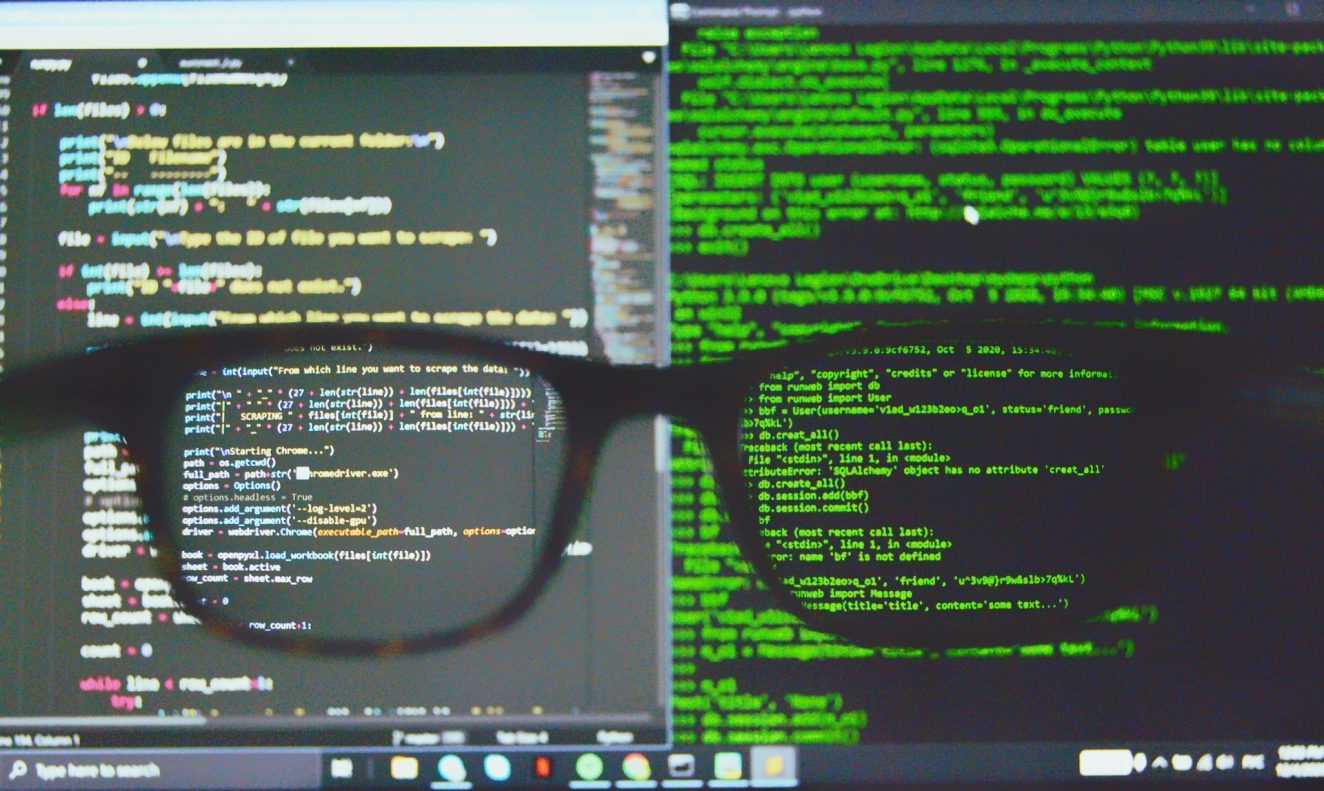In the ever-evolving landscape of cybersecurity, one term has emerged as a beacon of hope against the rising tide of cyber threats: ethical hacking. This groundbreaking practice, also known as penetration testing or white-hat hacking, has transformed the way organizations approach their digital defenses. In this article, we’ll delve into the compelling impact of ethical hacking, exploring how it not only safeguards our digital world but also reshapes the future of cybersecurity.

Unmasking the Ethical Hacker’s Role
Ethical hackers, often described as the “good guys” of the cyber realm, are skilled professionals who use their expertise to identify vulnerabilities in computer systems, networks, or applications. Unlike their malicious counterparts, ethical hackers operate with explicit permission to breach security protocols, aiming to expose weaknesses before nefarious actors can exploit them.
The Cybersecurity Arms Race
In a world where cyber threats are becoming more sophisticated, ethical hacking has emerged as a critical tool in the cybersecurity arsenal. As organizations fortify their defenses, hackers continuously refine their tactics. Ethical hackers, in turn, provide a proactive defense strategy by staying one step ahead, anticipating potential exploits, and fortifying digital infrastructure against evolving threats.
Enhancing Organizational Resilience
The impact of ethical hacking extends beyond identifying vulnerabilities; it plays a pivotal role in enhancing organizational resilience. By conducting systematic and controlled penetration tests, ethical hackers empower businesses to identify, prioritize, and address potential weaknesses before malicious hackers can capitalize on them. This proactive approach not only safeguards sensitive data but also minimizes the risk of reputational damage.

Nurturing a Security-First Mindset
Ethical hacking fosters a culture of cybersecurity awareness within organizations. It shifts the paradigm from a reactive stance to a proactive, security-first mindset. Through simulated cyber-attacks, organizations can train their personnel to recognize and respond to potential threats, creating a more robust line of defense against the ever-expanding array of cyber risks.
Unveiling Vulnerabilities for Patching
One of the primary impacts of ethical hacking lies in its ability to unveil vulnerabilities for prompt remediation. Ethical hackers meticulously document their findings, providing organizations with detailed insights into potential weaknesses. This information enables IT teams to implement timely patches, updates, or configuration changes, fortifying the digital infrastructure against real-world threats.
The Cost-Effective Security Solution
While traditional security measures often involve significant financial investments, ethical hacking proves to be a cost-effective solution for organizations seeking to bolster their defenses. Identifying and mitigating vulnerabilities during the early stages of development or deployment saves companies from the potentially catastrophic financial repercussions of a data breach.
Ethical Hacking in the Modern Technological Landscape
As technology advances, ethical hacking has adapted to address the challenges presented by emerging technologies. From securing Internet of Things (IoT) devices to ensuring the integrity of artificial intelligence (AI) algorithms, ethical hackers play a vital role in shaping the security protocols of the future.
The Legal and Regulatory Landscape
The impact of ethical hacking is not confined to the digital realm alone. In recent years, legal and regulatory frameworks have recognized the importance of ethical hacking in maintaining a secure cyber environment. Many countries have established guidelines and standards that protect ethical hackers from legal repercussions, provided they adhere to ethical guidelines and obtain proper authorization.

In conclusion, ethical hacking stands as a formidable pillar of modern cybersecurity. Its impact is felt across industries, from fortifying organizational defenses to fostering a culture of security consciousness. As technology continues to advance, ethical hacking will remain at the forefront, defending our digital landscapes against an ever-evolving array of cyber threats.
The symbiotic relationship between ethical hackers and organizations underscores the critical role they play in ensuring a secure digital future. In a world where data is an invaluable asset, ethical hacking emerges not only as a defensive measure but as a proactive force driving continuous improvement in cybersecurity standards.





